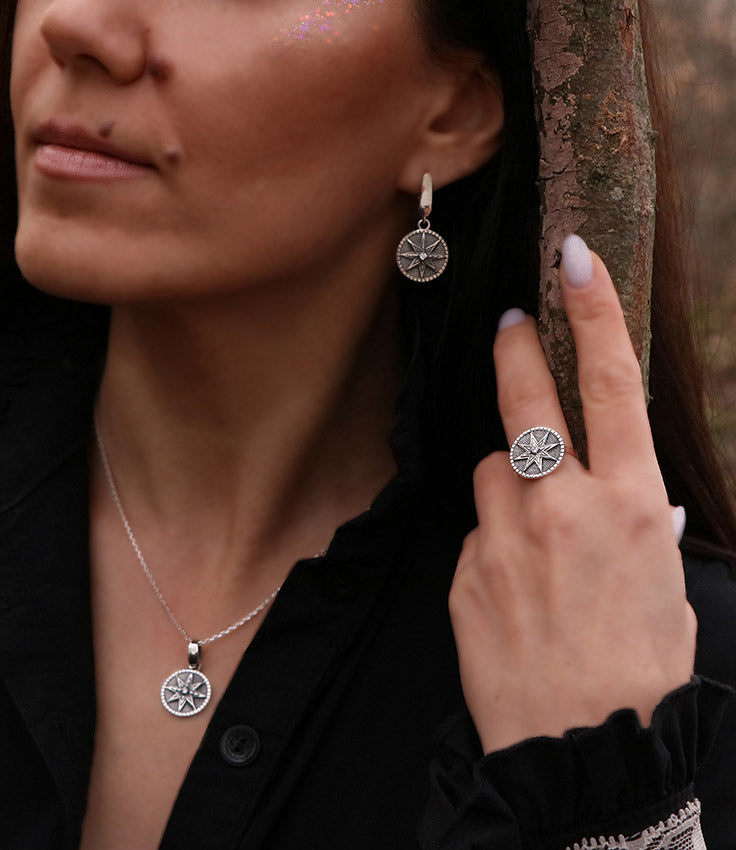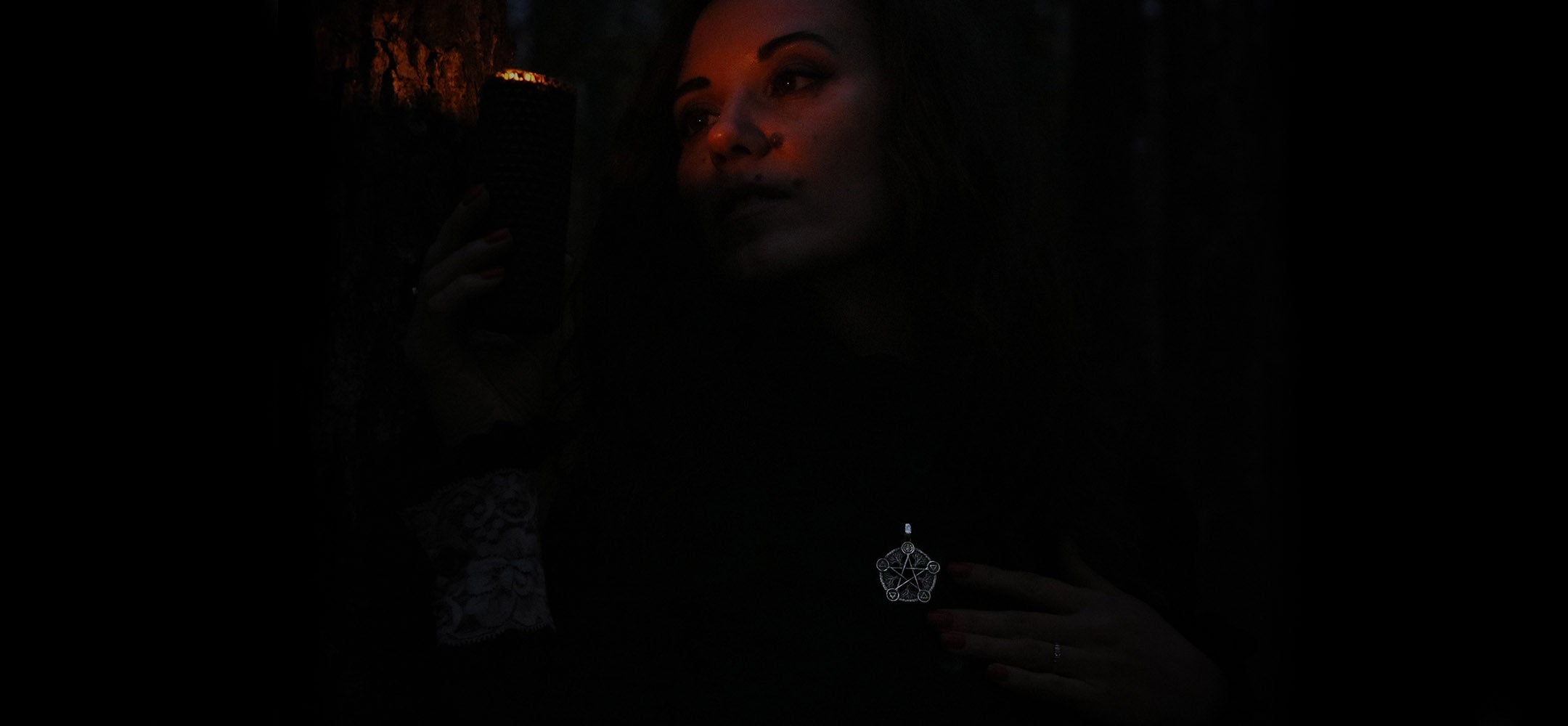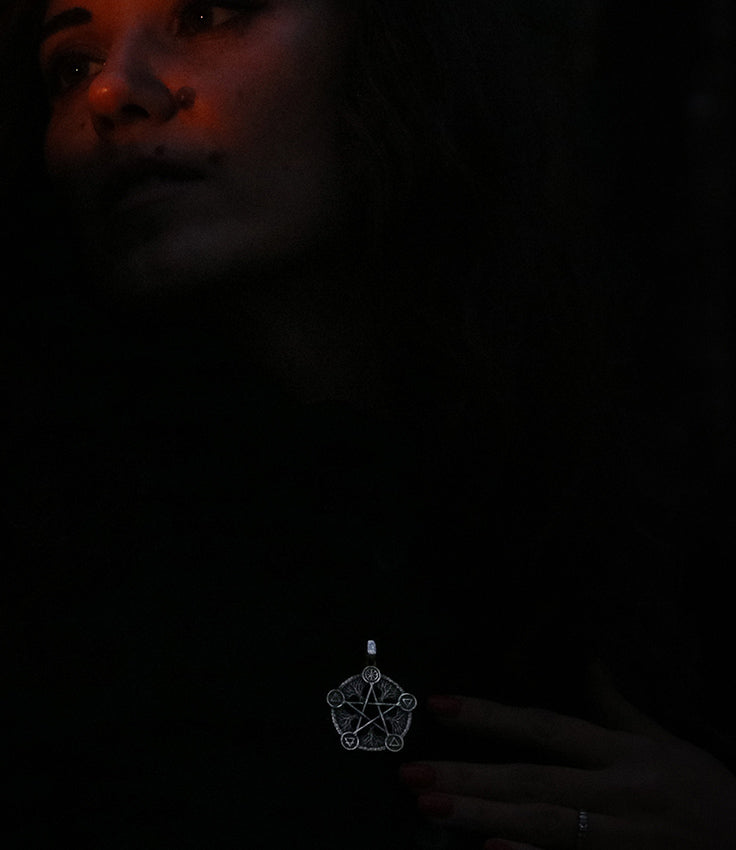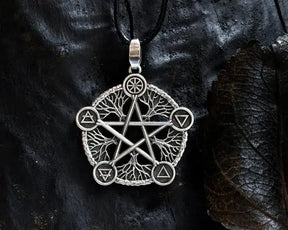Yule, also known as the Winter Solstice, is one of the most significant festivals in the pagan Wheel of the Year. Celebrated around December 20-23, Yule marks the longest night and shortest day of the year. It is a time to honor the rebirth of the sun and the return of light, symbolizing hope, renewal, and the victory of light over darkness. For many pagans and Wiccans, Yule is a sacred time of transformation, reflection, and celebration, often filled with ancient traditions and modern customs alike.
The Spiritual Significance of Yule
Yule represents the turning point of the year when the darkness of winter begins to wane and the days slowly grow longer. The sun, seen as a powerful life-giving force, is reborn at Yule, bringing with it the promise of warmth, growth, and abundance. Spiritually, Yule is a time of rebirth and renewal, a moment to reflect on the darkness we’ve passed through and welcome the new beginnings that lie ahead.
Yule also marks the time to honor the cycle of death and rebirth. As nature rests, and the earth lies dormant, Yule reminds us that even in the depths of winter, life is stirring beneath the surface, preparing for spring. This festival is an opportunity to celebrate the cycles of nature, to rest, reflect, and prepare for our own personal transformations in the coming year.
Ancient Yule Traditions
Yule has deep roots in ancient pagan celebrations, particularly in Norse, Germanic, and Celtic cultures. Many of the customs associated with modern-day Christmas stem from these early Yule traditions. Some of the most well-known include:
-
Lighting the Yule Log: One of the central traditions of Yule is the burning of the Yule log, symbolizing the return of the sun. In ancient times, a large log was brought into the home and kept burning throughout the night to banish darkness and welcome the sun's return. Today, many people light candles or small fires in place of the traditional Yule log, symbolizing the light and warmth of the sun during the cold winter.
-
Evergreen Decorations: Decorating homes with evergreens, such as holly, ivy, mistletoe, and fir trees, is another ancient Yule tradition. These plants symbolize eternal life and the resilience of nature during winter’s harshness. Bringing evergreens indoors was believed to invite nature spirits and protect the home from harm. The modern Christmas tree has its origins in this Yule tradition.
-
Feasting and Gathering: Yule is a time for feasting and gathering with family and friends, much like modern holiday celebrations. The feast was a way to celebrate the end of the dark period and the return of the sun. Traditional foods included roasted meats, bread, fruits, nuts, and spiced drinks like mead or mulled wine. Sharing food with loved ones is a way to strengthen communal bonds and celebrate abundance, even during the coldest time of the year.
-
Gift-Giving: The tradition of giving gifts during Yule is rooted in ancient customs, where people would exchange handmade gifts or tokens of goodwill. These gifts symbolized the sharing of resources and blessings as a way to ensure prosperity for the coming year.
Modern Yule Practices
Many modern pagans and Wiccans continue to celebrate Yule in much the same way as their ancestors, blending ancient customs with contemporary practices. Key elements of modern Yule observances include:
-
Yule Altars: Pagans often create Yule altars adorned with symbols of the season, such as evergreen boughs, candles, sun symbols, pine cones, and seasonal fruits like oranges and apples. These altars serve as a focal point for rituals and meditations focused on renewal, rebirth, and the return of the sun.
-
Candle Magic: Since Yule is the festival of light, candle magic plays an important role in celebrations. Lighting candles or bonfires symbolizes the return of the sun and is often used in rituals to bring light into one’s life or banish darkness and negativity. Practitioners may meditate by candlelight, focusing on their intentions for the coming year.
-
Reflection and Intention Setting: Yule is a time of deep reflection on the past year, recognizing the challenges overcome and lessons learned. Many people use this time to set intentions for the new year, focusing on personal growth, healing, or new beginnings.
-
Honoring the Sun God or Solar Deities: In many pagan traditions, Yule celebrates the rebirth of the Sun God or other solar deities, such as Mithras, Apollo, or Ra. Rituals and prayers may be offered to honor the sun’s return and invoke blessings of warmth, light, and growth in the coming months.
-
Outdoor Rituals: Connecting with nature is another way to celebrate Yule. Pagans may take walks in the woods, leaving offerings for the wildlife or hanging biodegradable treats like seeds, nuts, and fruits on trees for animals to enjoy. These acts honor the natural world during a time when resources are scarce.
The Symbolism of the Yule Tree
The Yule tree, often a fir or pine, represents life and resilience during the cold and dark winter months. It is a symbol of everlasting life, and decorating it with lights and ornaments symbolizes the light that returns to the world. Some modern pagans decorate their Yule trees with sun symbols, stars, and natural elements like pinecones or berries to reflect the sacredness of the season.
Conclusion
Yule is a beautiful celebration of the return of light and the promise of renewal. Rooted in ancient traditions, it offers a time for reflection, gratitude, and the celebration of life even during the darkest time of the year. Whether through lighting candles, spending time with loved ones, or connecting with nature, Yule provides an opportunity to honor the cycles of the earth, embrace transformation, and welcome the warmth of the sun into our lives.





